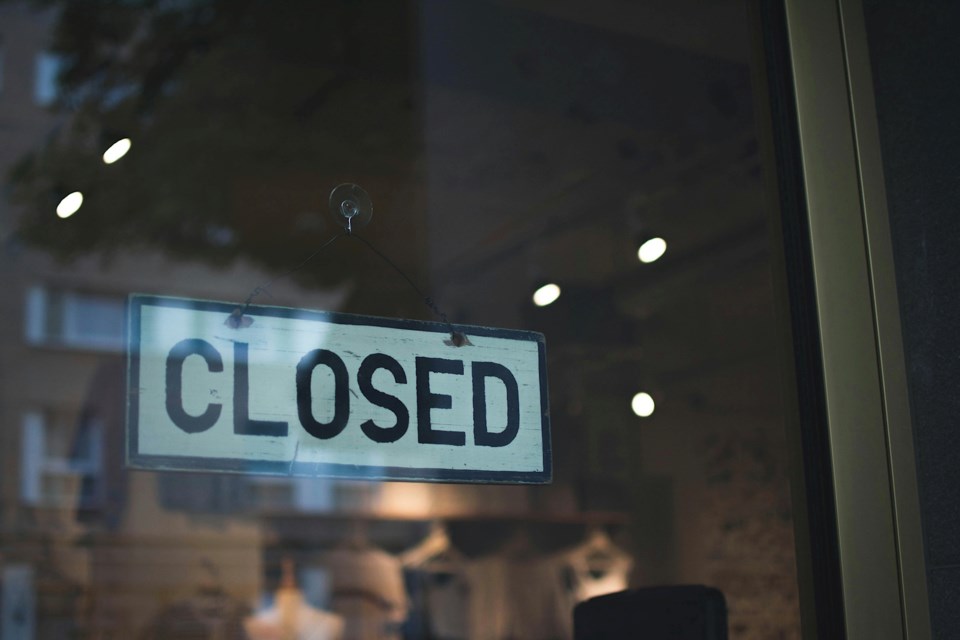A rare meeting of Sault Ste. Marie's dangerous dog committee was closed to the public today.
The hearing, believed to be one of just two dangerous dog appeals in the past 22 years, dealt with a male black and brown German Shepherd named Max.
Believed by city staff to belong to Tossa Fairservice, Max was designated a dangerous dog on Feb. 26.
The dangerous dog committee hears appeals of such designations.
Its decision on whether to rescind or substitute a determination is final.
The city's Animal Care and Control Bylaw states: "Where the pound keeper or an officer becomes aware either on its own initiative or as a result of a complaint received by it that a dog, without provocation, bite or attacked or chased or approached a person or domestic animal in a menacing fashion, the pound keeper may serve a dangerous dog notice."
Whenever a dangerous dog is not in the owner’s dwelling unit, but still within the boundaries of the owner’s premises, it must:
- wear a muzzle
- be securely tethered
- be contained within an area securely enclosed by a locked fence of an appropriate height, or an area enclosed by other means such that the dangerous dog cannot come into contact with members of the public
- a sign, no smaller than five inches by seven inches, must be displayed at all entrances to the property upon which the dog is kept, warning that there is a dangerous dog on the property
When a dangerous dog is not on the owner’s premises, it must be muzzled and on a leash not exceeding two metres in length.
Dangerous dogs must be spayed or neutered, and implanted with a microchip at the owner's expense.
Dangerous dogs not complying can be subjected to procedures including euthanization.
Today in the council chambers at the Ronald A. Irwin Civic Centre, members of the public were asked to leave before any evidence was heard concerning any danger Max might pose to the public.
"We are as a part of our open meeting requirements for committees of council, to be open to the public," said Madison Zuppa, deputy city clerk.
"We have a live stream going right now. But we ask that we do not do any recording, take pictures, photographs, screenshots, or anything like that," Zuppa said.
"It's not allowed and the live stream will come down after the hearing is done or otherwise decided."
Zuppa then declared that under Section 9.1 of the Statutory Powers Procedure Act, appeal hearings must be open to the public unless the tribunal believes matters involving public security may be disclosed, or intimate financial or personal matters, or other matters where the need to avoid disclosure outweighs the desirability of an open meeting.
When Zuppa asked whether those principles might apply to today's appeal hearing, two individuals indicated that might be the case.
She then stopped the live stream and allowed the committee to hear evidence in secret.
After members of the public left the room, the committee met with only parties directly involved in the matter allowed to remain.
Then, the live stream was briefly restarted and Ward 4 Coun. Marchy Bruni confirmed the hearing would be closed to the public.
"I apologize for you guys coming here but unfortunately, this is a procedural matter," Bruni said.
Interestingly, he divulged that committee members had no idea what sensitive evidence they were about to hear.
"In all honesty, the board members do not know exactly what is being presented to us. We've come here with an open mind. We haven't been presented with any information.... We have to listen to both parties and then come up with a decision."
